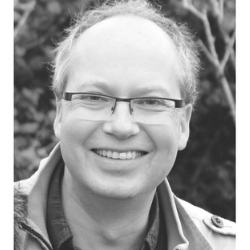Biography

Dr. Gerhard Schlosser is lecturer at the School of Natural Sciences. His research focuses on the development and evolution of vertebrate nervous and sensory systems. He is an internationally leading expert in early sensory development and evolution with an extensive publication record (79 publications including 42 peer-reviewed articles and 5 books; h-factor: 32; 3984 citations). We are interested in the development and evolution of the vertebrate nervous system and sense organs. One major focus of our research are cranial placodes, the precursors of most ganglia and sense organs in the vertebrate head.















